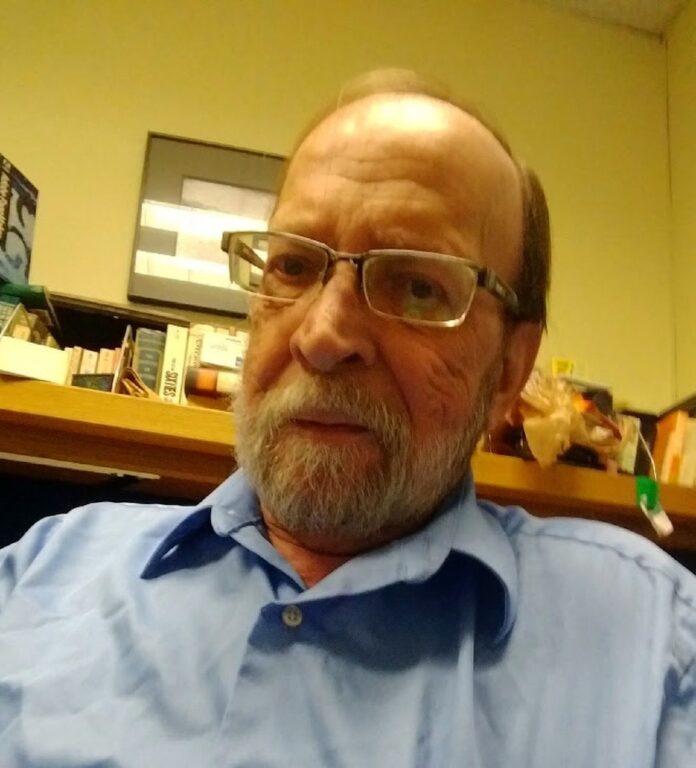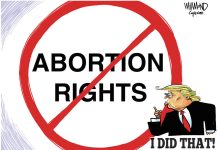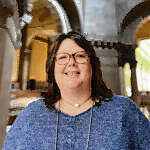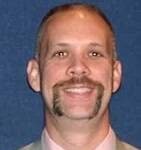By Leo Morris
If a group of parents request that certain material be removed from the classroom, that is not censorship or “book banning.” Is that a provocative statement? I don’t think it should be.
Today’s case study is from central Indiana.
Former Hoosier Julia Scheeres is “somewhat amused” but “entirely unsurprised” that her memoir about growing up in Indiana “has been targeted by a group of conservative parents who want it pulled from school libraries.”
She seems less offhand about those parents’ reaction to her work, which one person at a Carmel school board meeting called “absolutely disgusting” and another criticized as the “type of trash” that “they will be teaching in every school across our country.”
The book in question is “Jesus Land,” which the author herself describes in a column in the Lafayette Journal & Courier as being about “two same-aged siblings – one Black, one white – struggling to find acceptance in a conservative Indiana town.”
Perhaps, she muses, the book’s “themes of racism and intolerance hit a little too close to home” in Carmel. Furthermore, those parents aren’t just fixated on sex but are “fearful of anything that challenges their worldview, which is overwhelmingly straight, white and evangelical.”
It’s easy to see what Scheeres thinks of Indiana and Hoosiers. The state is an unenlightened, narrow-minded conclave of intolerant bigots. It is also not hard to understand why the residents of Carmel might resist that worldview being aimed at their children.
To further illustrate her perception of this great divide, Scheeres cites two different reactions to the currently fashionable notion of gender fluidity, one in Indiana and one in California.
A seventh-grade teacher in a South Bend suburb posted a “tour of her rainbow-colored classroom” in which she mentioned that she was going “to allow students to choose their own pronouns.” Alas, her video predictably “set off a firestorm” that ended with the school stipulating that only a parent could determine a child’s gender.
“Contrast this with my seventh-grade daughter’s first day of school in Albany, Calif., where a teacher displayed a Pride flag and allowed kids to choose their pronouns. My daughter reported that her friend, who identifies as ‘they,’ was thrilled to have found an adult ally, which in turn made my daughter glow with happiness, because love begets love.”
I’m going to go out on a limb here and suggest that encouraging seventh-graders to choose their own pronouns might be considered a radical idea in more than a few quarters. And saying that only a parent can determine an elementary school child’s gender is not exactly controversial. How, and whether, that subject is addressed in seventh grade matters.
So does the handling of a diversity, equity and inclusion program of studies, whether it approaches the subject with an underlying theme of tolerance and respect or whether it sends the message that white privilege is the greatest sin of the age. It matters, in fact, what baseline assumption about the United States is accepted in the school. Is America a noble experiment with flaws but always improving? Or is it now, as it has always been, an oppressive gulag of victims and victimizers, beyond all redemption?
In Texas recently, an educator interpreted that state’s law requiring “controversial subjects” to be presented from diverse, contending viewpoints to mean that a book on the Holocaust could not be taught unless one with “an opposing perspective” were also taught. Well, that ignited a firestorm of protest (there’s that phrase again) from people who decried the absurdity of allowing such a monstrous lie to be taught in school.
The point is that almost everybody has something they don’t want taught in schools, though they surely differ on what. Generally, people seek to keep only what they see as truth to be taught. Certainly, we can disagree on the why and how of slavery’s development in this country. But who would argue for teaching that it didn’t really exist or, slightly less absurdly, that it was beneficial?
What about climate change? A consensus has been reached, contrary to the scientific method, that it is a fact, not a theory, and that the effects will be nothing less than catastrophic without massive government intervention. Contrary opinions will not be entertained. Who among those celebrating the teaching of “Jesus Land” would lament the exclusion of climate denial from the curriculum?
The education establishment’s gross mishandling of the COVID pandemic has greatly accelerated the trend toward home schooling and private education. Unless we can begin to agree again on a common set of shared values, which accommodates vigorous but civil debate, we are headed for a stark public-private dichotomy in our children’s education.
That won’t be good for them or the country, because the war will then just go on, generation to generation.





